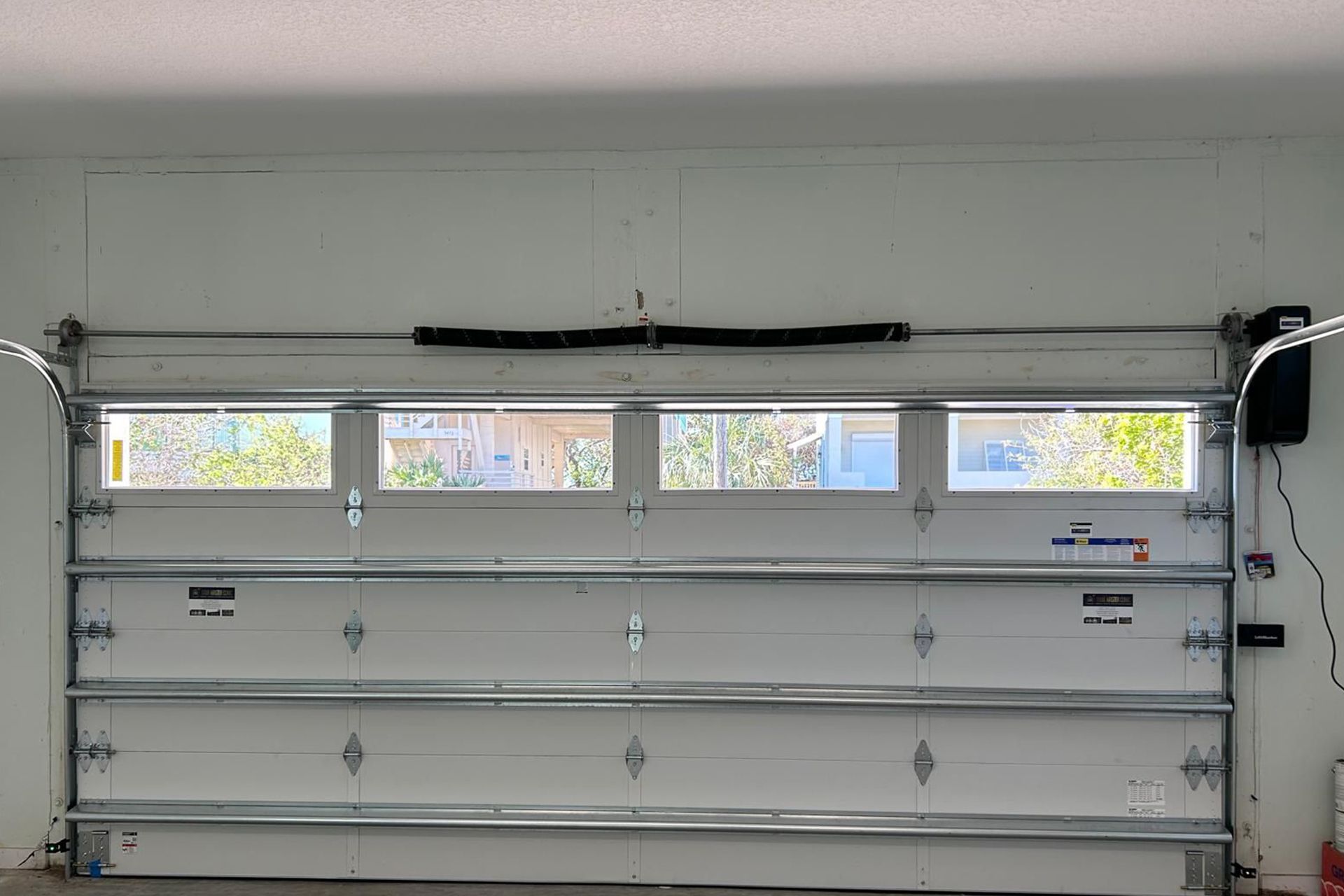Why Garage Door Sensors Fail—and How to Recalibrate Them
 Door Master Clinic
Door Master Clinic
Garage door sensors play a critical role in ensuring the safe operation of your garage door system. They detect obstacles in the door’s path, preventing accidents and damage. However, like any mechanical component, garage door sensors can fail over time. If you're experiencing issues in Nocatee, FL, understanding why sensors fail and how to recalibrate them can help restore your system’s functionality.
Why Clean Garage Door Sensors Might Still Fail
Though your sensors may appear clean and functional, underlying issues could still be affecting their performance. Misalignment, dirt buildup, or aging components can cause operational problems. Understanding the causes of sensor failure is the first step in resolving the issue.
Common Causes of Sensor Failure
Misalignment: Sensors must face each other directly for proper operation. Even slight vibrations or bumps can cause misalignment.
Dirt and Debris: Dust, dirt, and spider webs can obstruct the infrared beam, preventing the sensors from detecting objects in their path.
Wiring Issues: Frayed or loose wires can cause intermittent sensor malfunctions.
Electrical Interference: Nearby appliances or power surges may interfere with the sensor's signals, causing erratic behavior.
Aging Components: Over time, sensors degrade, requiring replacement to maintain optimal functionality.
Learn More: https://www.doormasterclinic.com/why-garage-door-sensors-failand-how-to-recalibrate-them
Subscribe to my newsletter
Read articles from Door Master Clinic directly inside your inbox. Subscribe to the newsletter, and don't miss out.
Written by
